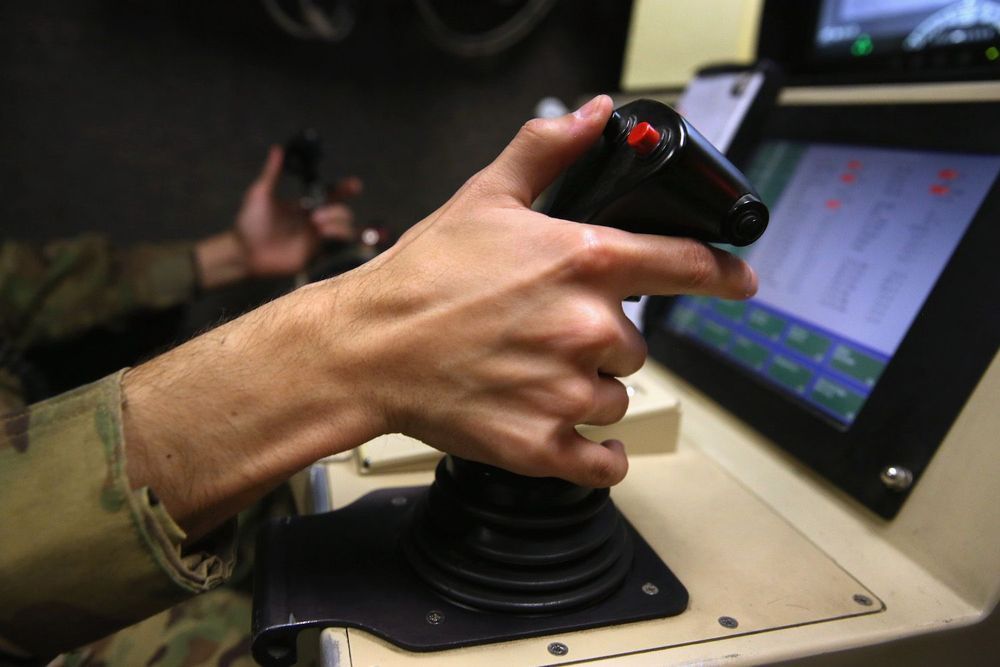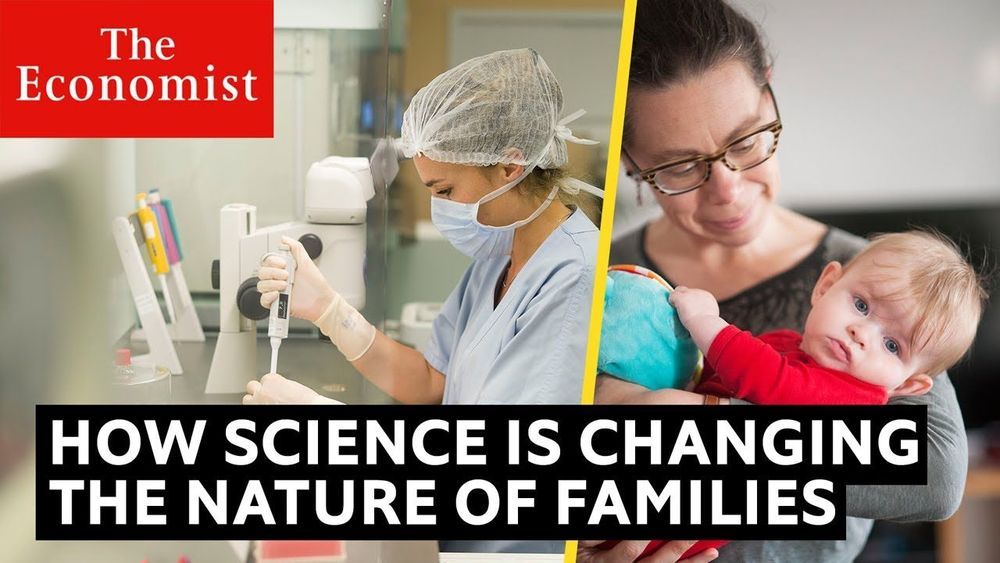Plans to construct a huge robot based on the Mobile Suit Gundam anime series that will be open to the public in October 2020 have been revealed.




The company’s machine learning-based tool applies advanced algorithms to Maccabi’s existing electronic patient data to identify unvaccinated individuals at highest risk of developing serious flu-related complications. These could include elderly people; those with uncontrolled chronic diseases or respiratory diseases; long-term smokers; those that are immunodeficient or have diabetes; or children, explained Dr. Jeremy Orr, CEO of EarlySign.
The EarlySign investigational algorithm flags these individuals, who are then contacted by their healthcare providers and encouraged to come into the clinic and be vaccinated. Patients can be contacted by phone, text message or even snail mail, depending on their communication preferences and the methods offered by their clinics.
Orr noted that the program is especially important this year when many people have already died from the flu in Israel and the virus is expected to take an exceptionally heavier toll than usual this year.


Science is enabling women to have children later in life as new technologies transform IVF success rates. But an increasingly globalised IVF trade also poses dangers.
Science is changing how and when families are made. Women are going to be able to have both career and family in a way that we’ve never seen before. New technologies are transforming IVF success rates. AI allows us to look at features of the embryo invisible to the human eye.
Dawn and her husband, Mike, who is 66 are proud first-time parents in Nova Scotia, Canada. They married in 1977 and tried for a baby for decades. Attempts to conceive naturally and to adopt failed. So five years ago Dawn turned to IVF and donor eggs for help.
In Canada, as in America, industry guidelines discourage embryo transfers to women over 55 who face a higher risk of prenatal health conditions including pre-eclampsia, hypertension and diabetes. Dawn considered surrogacy. She looked abroad to developing countries with less restrictive guidelines and legislation.
International fertility consultant, Crystal Travis directed the couple towards Georgia, one of the world’s least regulated fertility markets and one of the few countries that allows surrogates and donors of eggs and embryos to be paid. After medical tests, Dawn had an embryo made with a donor egg and donor sperm implanted.
The total number of fertility clinics around the world is estimated to have increased by almost 70% in the last ten years. The value of the global fertility industry is predicted to rise from $25bn today, to $41bn by 2026. Many believe there needs to be more regulation of an increasingly globalised IVF trade including Dr Danielle Lane, a fertility specialist based in San Francisco.

Japan is the only country in the world in which pets outnumber children. Kids and pets are closely linked in Japan: as the number of newborns shrinks, the number of cats and dogs is rising.
Not that you’d know it walking the streets of Tokyo. Despite the rising number of cats, it’s rare to see them out and about. Dogs are a more common sight (and often to be seen tucked up in prams, swaddled in coats and blankets like substitute babies).
The near invisibility of the city’s pets is probably down to their owners’ reluctance to let them out. Generally speaking, cats aren’t allowed out because their crap is considered antisocial. As for the city’s dogs, most of them are ‘toy’ breeds rather than working dogs, which is to say they’re bred to loll around the house not doing much but looking pretty. They don’t get walked much and many are what might be called involuntary hikikomori (hikikomori are people who refuse to leave their rooms for fear of interaction with others).



